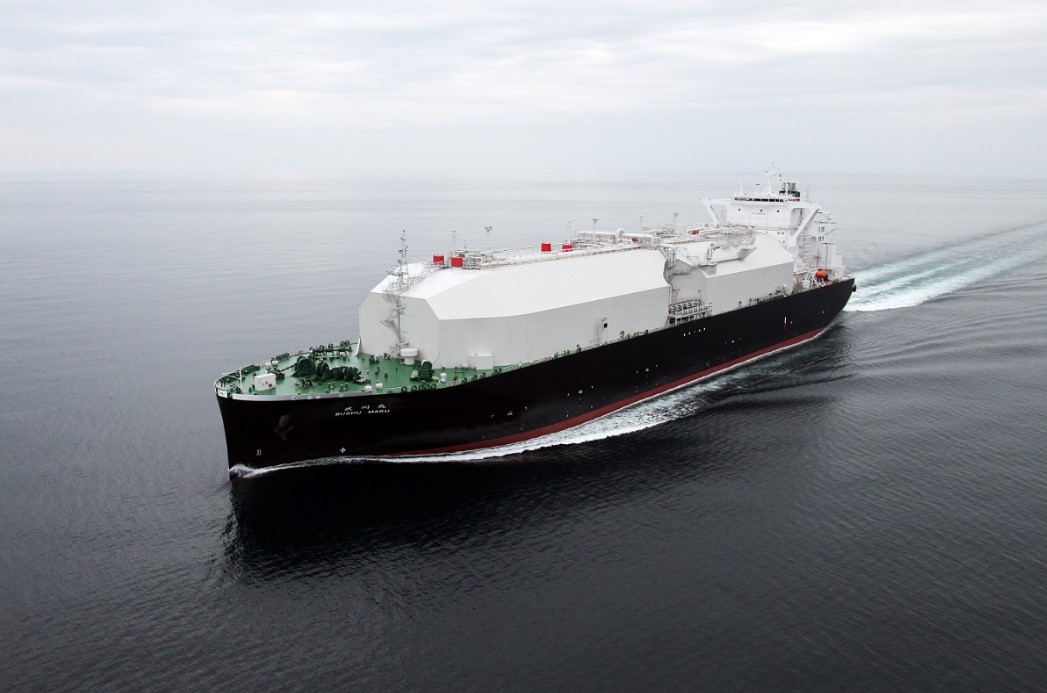Japan’s monthly liquefied natural gas (LNG) imports continued to decline in July, according to the provisional data released by the country’s Ministry of Finance.
The country’s LNG imports dropped by 17.4 percent year-on-year in July to about 5.09 million tonnes, the data shows.
LNG imports rose compared to 4.53 million tonnes in the previous month, which also marked a drop compared to the previous year.
Japan’s coal imports for power generation also decreased in July compared to the last year.
Coal imports were down by 7 percent to 8.68 million tonnes, and Japan paid about $1.75 billion for these imports, a drop of 46.5 percent compared to the last year, the data shows.
LNG import bill down
According to the preliminary data, the July LNG import bill of about $3.1 billion decreased by 42.3 percent compared to the same month last year.
State-run Japan Oil, Gas and Metals National Corp (JOGMEC) did not publish both the contract-based and the arrival-based monthly spot LNG price in the January-July period as there were less than two companies that imported spot LNG.
JOGMEC said in a report earlier this week that the “Northeast Asian assessed spot LNG price JKM for the previous week (August 7 – 11) remained mostly unchanged from $11/MMBtu the previous week to August 8 amid firm inventories and weak demand in Northeast Asia.”
On August 10, JKM “surged to $12/MMBtu as the possibility of strikes at major Australian projects arose, and JKM held at $12/MMBtu the next day amid uncertainty over the potential strikes,” it said.
According to METI, Japan’s LNG inventories for power generation totaled 1.87 million tonnes as of August 6, down 0.05 million tonnes from the previous week, down 0.88 million tonnes from the end of the same month of last year, and down 0.13 million tonnes from the average of the past five years.
LNG deliveries
As per LNG shipments going to Japan in July, deliveries from Asia decreased by 31.2 percent to 1.18 million tonnes, the ministry’s data shows.
Middle East LNG shipments dropped by 5.6 percent to 379,000 tonnes in July.
Moreover, shipments from Russia dropped by 53.6 percent to 261,000 tonnes, while US deliveries dropped by 2.6 percent to 648,000 tonnes in July.
Japan was the world’s top LNG importer in 2022, overtaking China, but both of the countries took fewer volumes compared to the year before.
However, China has overtaken Japan to become the world’s top importer of LNG in the first half of this year.
China took 33.44 million tonnes of LNG during January-June, up by 7.2 percent compared to the same period last year, while Japan’s LNG imports dropped by 13.3 percent year-on-year in January-June to 32.62 million tonnes.
Including July, Japan imported some 37.71 million tonnes of LNG this year.
China has not released official data for July LNG imports, but the country’s total gas imports, including piped gas, rose by 18.5 percent in July to 10.30 million tonnes.

